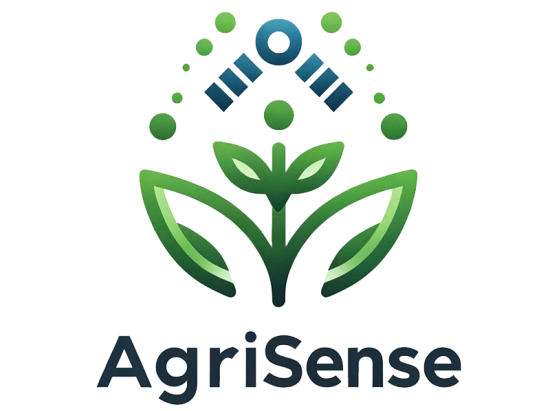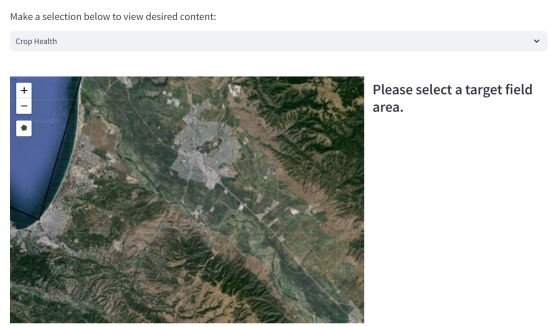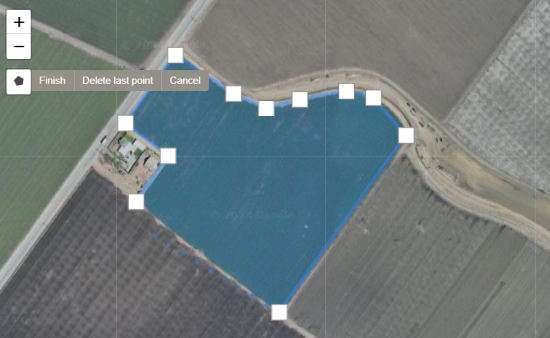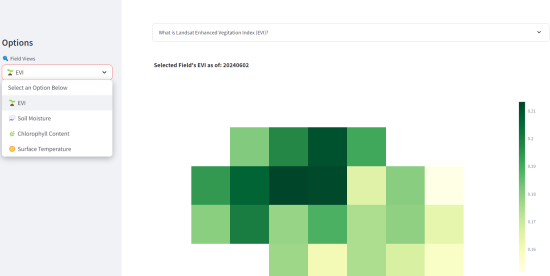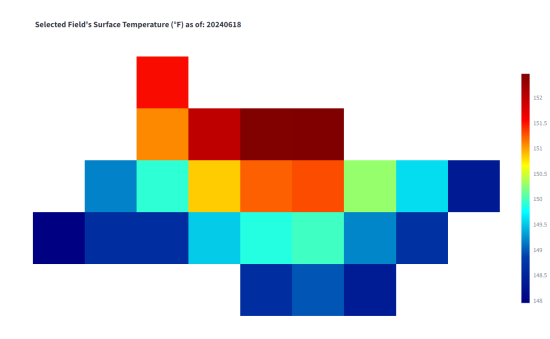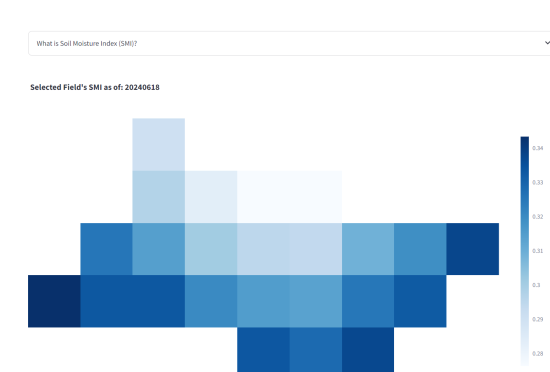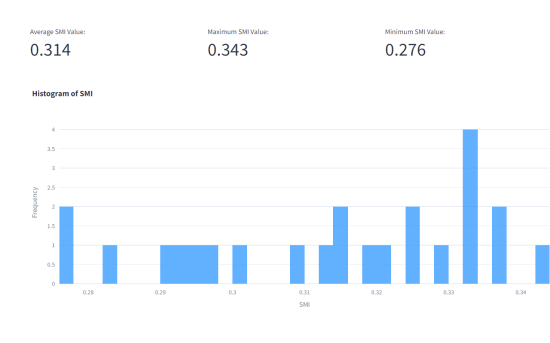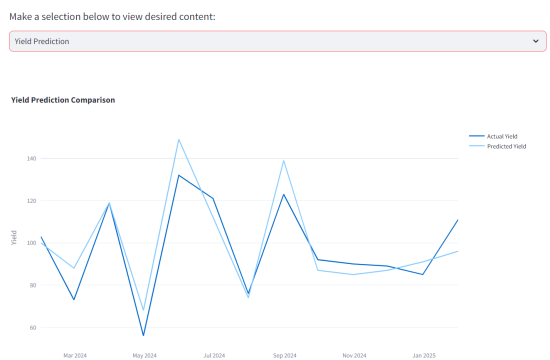AgriSense: Where Precision Meets Sustainability
Problem & Motivation
Modern agriculture is facing critical challenges, including significant loss of farmable land, inefficient use of water and fertilizers, and high greenhouse gas emissions. Over 40% of fertilizer used is wasted due to unabsorbed runoff, and 50% of freshwater used for agriculture is lost to inefficient irrigation. These issues not only reduce productivity but also harm the environment. By leveraging advanced technologies, our project aims to address these inefficiencies and promote sustainable farming practices that enhance productivity and environmental stewardship.
Data Sources & Data Science Approach
We utilize satellite imagery from NASA's EarthData (Landsat) and crop data from the NASS geospatial data gateway (CropScape) to gather comprehensive insights into crop and land conditions. Our approach leverages temporal and geospatial masks of satellite data to train a hybrid CNN and LTSM model to identify patterns and predict yields. This allows for precise monitoring and forecasting, ultimately aiding farmers in making data-driven decisions. We automatically download and process this data using custom scripts and Amazon SageMaker. The data is then transformed to maintain consistent spatial resolution and coordinate systems, focusing on areas of interest. Ground truth data from the California Strawberry Commission is integrated to provide comprehensive insights into crop conditions and yields. This combination of high-resolution imagery and detailed crop data allows for precise monitoring and prediction.
Evaluation
Our evaluation process involves testing and validating our models using historical and real-time data. We measure the accuracy of our predictions and the effectiveness of our recommendations through continuous feedback from partner farms. Key metrics include precision, recall, and F1 score, ensuring our models accurately forecast yields and detect crop health issues. Collaboration with farmers and agricultural experts provides critical validation, ensuring our solutions are practical and effective in real-world scenarios.
Key Learnings & Impact
We have learned that integrating diverse data sources and utilizing machine learning can transform agricultural practices. Our innovative approach has shown significant potential in improving resource management, enhancing crop yields, and promoting sustainable farming. The impact of our work is evident in the increased efficiency and productivity observed on partner farms, along with a reduction in environmental footprint. By empowering farmers with data-driven insights, we contribute to the economic viability and sustainability of farming, supporting the long-term health of the environment.
Acknowledgements
We extend our gratitude to our advisors, Korin Reid and Ramesh Sarukkai, and domain experts from the USDA and MA Community Involved in Sustaining Agriculture (CISA) for their invaluable support and input to this project. Their collaboration has been crucial in advancing our research and achieving our goals.










